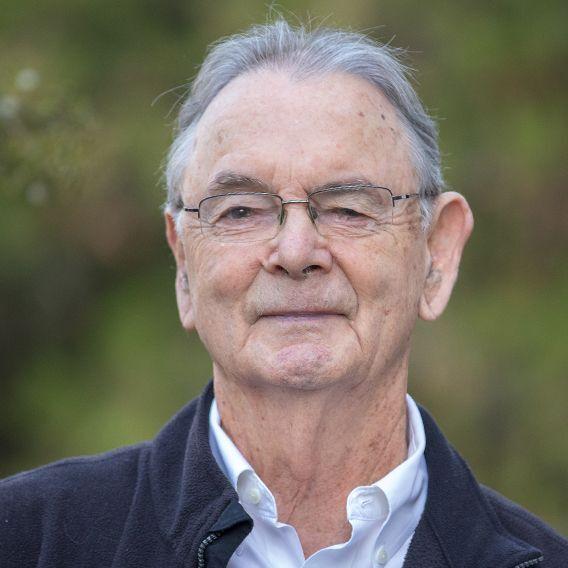The following is the opinion and analysis of the writer:
On August 6, 1945, my father was in command of an amphibious landing craft, LSM 156, floating in the bay at Okinawa. The battle for Okinawa had ended in June and rehearsals for the invasion of Japan had begun. He and the others there with him knew nothing of what happened in Hiroshima on August 6. He learned of the surrender of Japan on August 15, he told me, only when the ships in the bay started firing crazily into the air.
On August 6, we here at home knew more than they did. In a radio broadcast to us on August 6, President Truman announced that we had dropped a new kind of bomb, an ‘atomic bomb,’ on Hiroshima.
What he actually said was we had dropped this bomb on ‘Hiroshima, an important army base.’
President Truman seems to have believed at the time that this ‘atomic bomb’ was a weapon that could be used for military purposes, to (as he put it in his announcement) destroy ‘every productive enterprise the Japanese have above ground in any city’ and to destroy ‘their docks, their factories, and their communications.’ In short, destroy ‘their power to make war.’
‘We are now prepared,’ he went on, ‘to obliterate more rapidly and completely every productive enterprise the Japanese have above ground in any city. We shall destroy their docks, their factories, and their communications. Let there be no mistake; we shall completely destroy Japan’s power to make war.’
Atomic bombs could have done that, no doubt. But they would have done more than that. And could not have done more than that.
We here at home knew nothing of the actualities on the ground in Hiroshima, that the target had not been, and could not have been, ‘an important army base,’ but had been — as Major Tibbets, the pilot of the Enola Gay, the B-29 bomber that dropped the bomb said —’the city, period.’
President Truman seems not to have known this. On August 8, he was shown for the first time photographs of what had happened in Hiroshima. The next day, without his explicit order, Nagasaki was bombed. The day after that, President Truman told his Cabinet that he wanted no more atomic bombings in Japan done without his explicit approval. He didn’t like the idea, he said, of killing ‘all those kids.’
That was the beginning of the convention we believe to exist today that only the President can order the use of nuclear weapons.
How should we feel about dropping the atomic bombs on Japan? Did they bring an end to the war?
Maybe. Maybe not. We know that a thing happening after something else does not mean that the first thing caused the second one. The Japanese didn’t declare their intention to surrender until August 15. On August 8, the Soviet Union had finally declared war on Japan and had begun advancing rapidly through Manchuria. Between August 9 and August 15, General Curtis LeMay firebombed several more Japanese cities, bringing his total to over 60. Maybe those things were what did it. Maybe something else.
So should I feel grateful that the atomic bombs being dropped eliminated the possibility that my father would have been killed in an invasion of Japan?
Or should I feel deeply saddened that our use of the atomic bomb against another country made inevitable a nuclear arms race with the Soviet Union that over 46 years and continuing today, with even more countries now involved in it, has made possible — and by no means unlikely — the deaths of millions of people worldwide? Even human extinction?
We are showing no signs, none, of becoming able to eliminate this possibility.
August 6, 1945 is not a day simply to be celebrated.
John Warnock, a Tucson native, is a Professor Emeritus at the University of Arizona.
